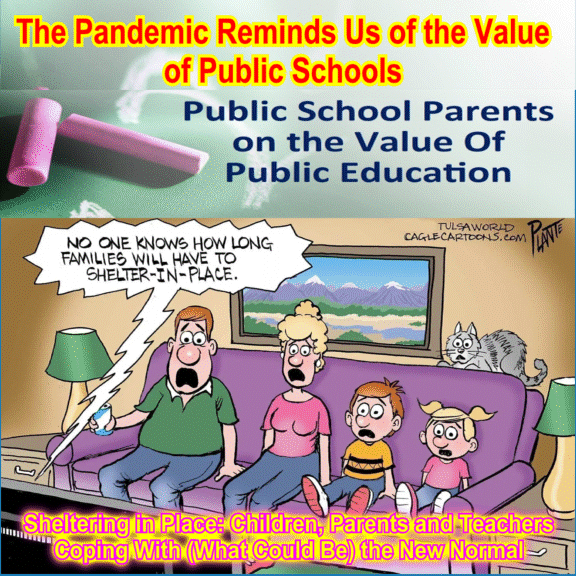How Did America’s Schools Cope with Spanish Flu vs. Coronavirus?
They say history repeats itself.
And if you’ve read any accounts of the bygone days of yesteryear, the current crisis certainly appears like a rerun.
Look at all the closed businesses, frightened people venturing out wearing face masks or self quarantined in their homes. It sure looks a lot like 1918.
The Spanish Flu epidemic that swept the nation a little more than a century ago bares more than a passing resemblance to COVID-19, the coronavirus. And the ways we are trying to cope with the situation are in many cases modeled on what worked a hundred years ago.
For instance, when our ancestors enacted social distancing policies to flatten the curve of infection, their infrastructures were better able to save lives. When they didn’t enact such policies, death tolls were greater.
That’s one of the major reasons many of us today are shut in our homes waiting this whole thing out. We want to give the hospitals a chance to deal with the cases that come in without people all getting sick at once and making a run on ventilators.
However, history has less to say about how we handle things like education.
After all, our forebears didn’t have as unified a response.
In general, closing schools was better to stop the spread of disease than keeping CONTINUE READING: How Did America’s Schools Cope with Spanish Flu vs. Coronavirus? | gadflyonthewallblog


















